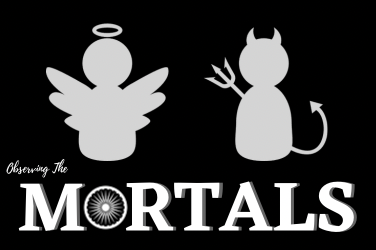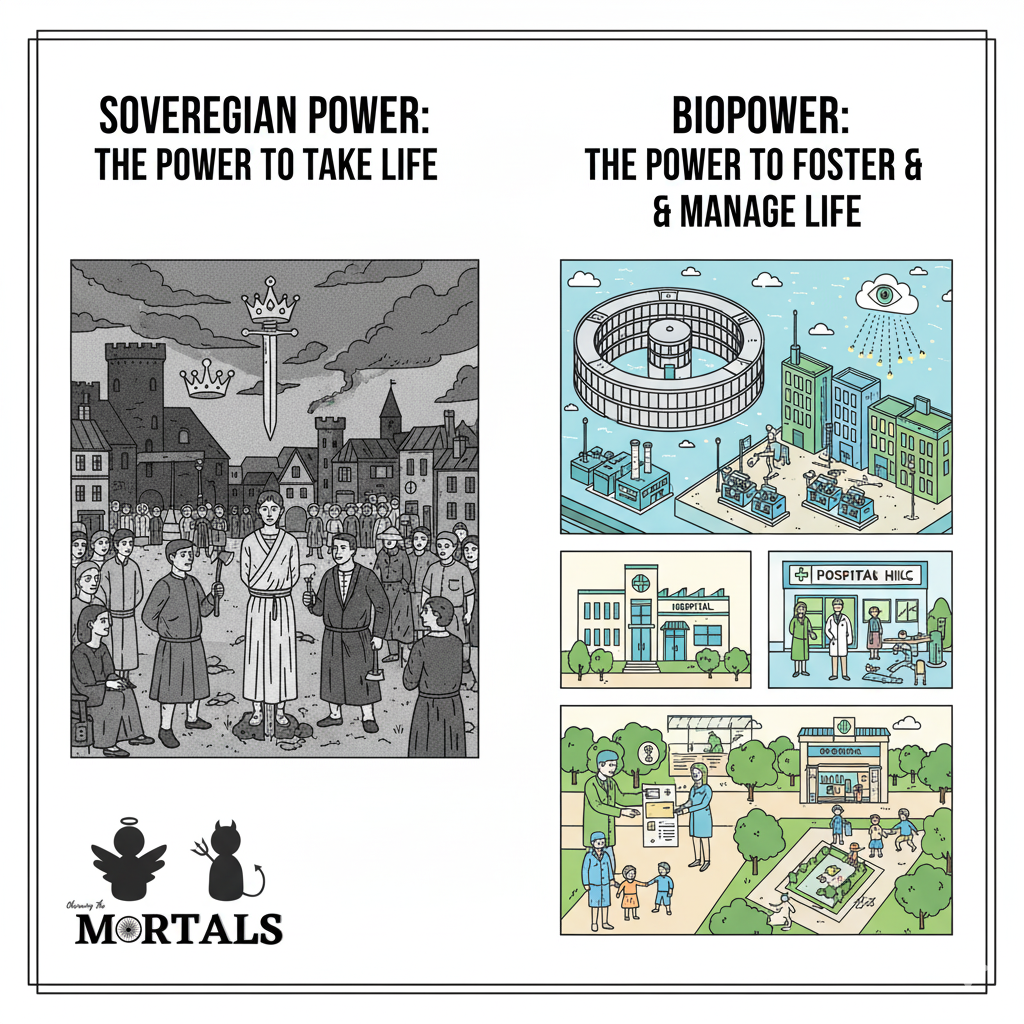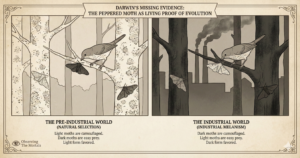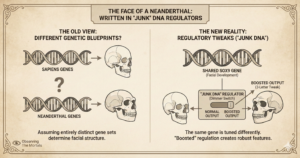Why does the modern government collect statistics on birth rates, run public health campaigns, and care so deeply about the hygiene and longevity of its citizens? The simple answer is “for the public good.” The French philosopher and historian Michel Foucault offered a more unsettling and profound explanation. He argued that beginning in the 18th century, a new, uniquely modern form of power emerged: “biopower.” This was not the old power of a king to execute his subjects, but a subtle, pervasive power focused on administering and managing the very life of the population. This case study explores Foucault’s revolutionary concept, a critical tool for understanding the modern state.
The Information Box
Syllabus Connection:
- Paper 1: Chapter 4 (Political Anthropology: State, Power), Chapter 9.6 (Medical Anthropology), Chapter 6 (Anthropological Theories: Post-structuralism)
Key Concepts/Tags:
- Biopower, Michel Foucault, Governmentality, Power/Knowledge, Panopticon, The Modern State
The Setting: Who, What, Where?
This is a foundational concept from the work of Michel Foucault, one of the most important thinkers of the 20th century, whose ideas have profoundly shaped modern anthropology. He detailed this theory in texts like The History of Sexuality, Volume 1 (1976) and his influential lectures on “Governmentality.” Foucault was not conducting a traditional ethnography; he was a historian of ideas, analyzing the historical shift in the mechanisms of power in Western Europe as it transitioned from the feudal era to the modern, capitalist nation-state.
The Core Argument: Why This Study Matters
Foucault’s work provides a new grammar for understanding modern power. He argued that the nature of state power underwent a fundamental transformation.
- The “Old” Power (Sovereign Power): The power of a pre-modern sovereign, like a king, was primarily deductive and spectacular. It was, in Foucault’s famous phrase, the power “to take life or let live.” Its ultimate expression was the public execution—a dramatic, intermittent display of the sovereign’s absolute authority over the bodies of his subjects.
- The “New” Power (Biopower): From the 18th century onwards, a new, more productive form of power emerged. Biopower is the opposite of sovereign power; it is the power “to foster life or disallow it to the point of death.” Its goal is not to punish the body, but to manage the population as a resource. It is a power that administers, optimizes, and regulates life to make it more efficient and productive.
- The Two Poles of Biopower: Foucault argued that this new power operated through two interconnected mechanisms:
- Anatomo-politics of the human body: This focuses on disciplining the individual body. It aims to make the individual more docile, efficient, and useful through institutions like schools, prisons, military barracks, and factories. Foucault’s famous example is the Panopticon, a prison design where inmates can be observed at all times, forcing them to internalize discipline.
- Bio-politics of the population: This focuses on the collective body, or the “species body.” It is the power to manage the population as a whole through the regulation of birth rates, mortality, public health, sanitation, and longevity. The national census, public vaccination campaigns, and urban planning are all key instruments of bio-politics.
The Anthropologist’s Gaze: A Critical Perspective
- Underestimating Resistance: Foucault’s model of a pervasive, all-encompassing power has been criticized for sometimes making it seem as if people are simply passive subjects of discipline. Later anthropologists and social theorists have worked to highlight the importance of agency and resistance, showing how individuals and groups actively negotiate, subvert, and contest these forms of biopower.
- A Eurocentric Model?: Foucault’s historical analysis is based almost entirely on the development of the state in Western Europe. A critical anthropological question is how well this model applies to colonial and post-colonial contexts. In many parts of the world, the spectacular, violent “sovereign power” and the administrative “biopower” did not replace each other but have long coexisted in complex and brutal ways.
- The Role of Capitalism: Critics from a Marxist perspective argue that Foucault, by focusing on an abstract “power/knowledge” nexus, downplays the role of the underlying economic system. They would contend that biopower did not just emerge on its own; it was essential for the development of capitalism, which required a healthy, disciplined, and productive workforce to operate its factories and armies.
The Exam Angle: How to Use This in Your Mains Answer
- Types of Questions Where It can be Used:
- “Critically analyze the anthropological concept of power, moving beyond traditional definitions.”
- “What is the role of the modern state in regulating the lives of its citizens?”
- “Discuss the key contributions of post-structuralist theories to anthropology.”
- Model Integration:
- On Power: “Beyond simple coercion, the modern state exercises what the philosopher Michel Foucault termed ‘biopower’—a form of power focused on managing the biological life of the population. This is evident in state-led public health campaigns, census operations, and demographic policies, which all aim to regulate the collective ‘species body’.”
- On Medical Anthropology: “From a Foucauldian perspective, modern medicine is a key instrument of biopower. Public health initiatives and hygiene standards are not just neutral scientific practices; they are ways in which the state disciplines individual bodies and manages the health of the overall population to ensure its collective productivity and order.”
- To offer a critique: “While Foucault’s concept of biopower is a powerful tool for analyzing the modern state, it has been critiqued for its potentially Eurocentric historical focus and for under-emphasizing the capacity of individuals and communities to actively resist and negotiate these forms of governmental power.”
Observer’s Take
Foucault’s genius was to make us see power in places we thought we only saw progress, care, and benevolence. He revealed that the modern state’s intimate concern for our health, our welfare, and our statistics is not just a gesture of goodwill; it is a profound and deeply political form of control. Biopower is the subtle, pervasive force that shapes how we live, how we are allowed to die, and how our very biological existence is administered. His work is a crucial, if unsettling, reminder that in the modern world, the most significant political questions are often not about the rights of the abstract citizen, but about the management of life itself.





